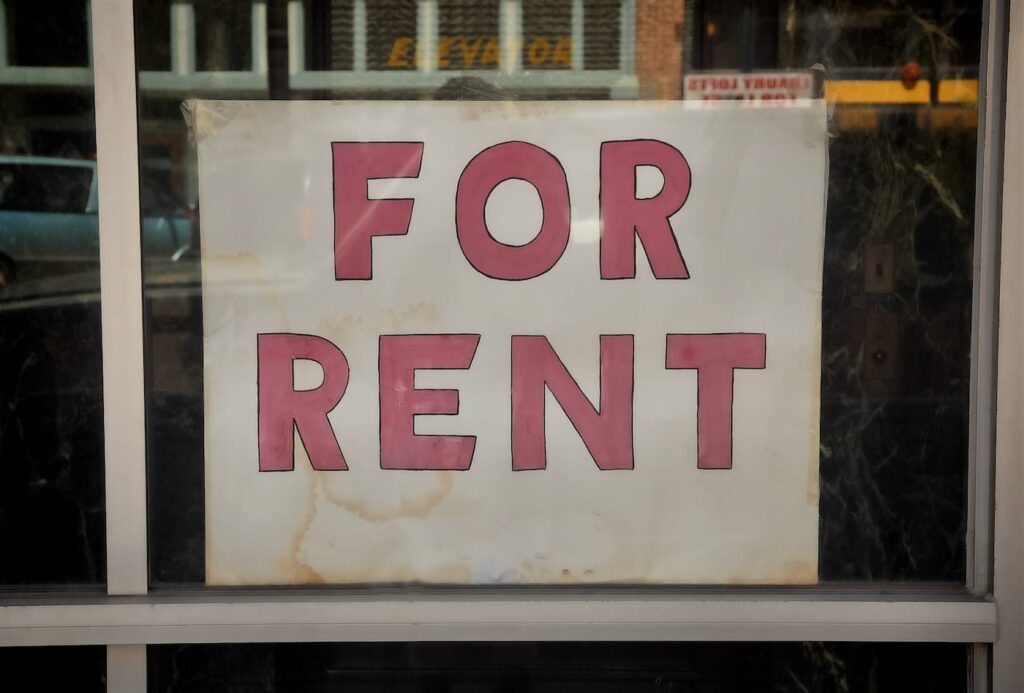Owning a rental property is a great way to invest in your future. However, many find hidden pitfalls along the way as they work with their tenants. What responsibilities does the landlord have an obligation to fulfill? What expectations are appropriate to place upon the tenant? Unrealistic expectations can foster resentment, but a clear understanding of the responsibilities will help instill trust and confidence in the landlord-tenant relationship.
Landlord-tenant laws vary by city and state, so it is important to check with your local officials for the most up to date regulations in your area. Every landlord should also be aware of the federal Fair Housing Act of 1968, which protects tenants from discrimination. Regardless of where your property is located, however, there are some standard expectations you’ll find in any lease that will help ensure a successful business relationship between renter and owner.
5 Landlord Responsibilities
1. Provide “Safe and Habitable” Living Conditions
The landlord’s lease agreement will have a section stating the tenant’s right to a clean and safe living unit. This is a blanket statement that covers the building and health codes in your state and the quality and livability of the unit so that it is free of defects and hazards.
What might be covered under this agreement?
- Working locks for entrances.
- Ensuring a peaceful and quiet environment (i.e., designated quiet hours and work hours).
- Proper protection from weather.
- A pest-free environment.
- Working smoke and carbon monoxide detectors.
- Proper wiring, heat, and plumbing.
2. Address Maintenance Issues Promptly
Without proper maintenance, buildings and property can easily fall into disrepair. Over time, poorly maintained buildings can lead to health and safety concerns. There are consequences of ongoing property neglect, including increased costs for repair and potential liability.
Examples of ongoing maintenance are:
- Identifying and eliminating lead-based paint, toxic mold, or asbestos.
- Lighting in common areas.
- Safety guards on windows.
- Structural integrity of the building.
- Appliance health.
- Gas maintenance.
Prompt and proper communication between the tenant and the landlord is essential in addressing maintenance issues, especially those that require entrance into the unit. Unless it is an emergency, most areas require a landlord to provide their tenants with a 24-hour notice before entering the unit and performing needed repairs. Open communication ensures that both the tenant and landlord understand what the problem is, the repairs needed, and the timeframe required to perform the repairs in a safe and thorough manner.
3. Give Advance Notice Before a Raise of Rent
Fair housing prices are essential for a thriving community, but it is also a fact of life that as costs increase, a landlord will eventually need to raise rent prices. Most lease agreements allow rent increase when the current lease expires. However, most laws require 30-60 days’ notice to the tenant before the price increase occurs. Double-check the local laws to have a clear understanding of the timeframe for rent increases and if your property falls under any rent-stabilizing or rent-control regulations.
4. Provide Proper Contact Information
Whether it is a request for a general repair, a concern about a safety issue, or an emergency in the middle of the night, it is critical that tenants know who to contact for help. Providing clear contact information for security calls, emergency repairs, or general questions instills trust and confidence with the tenants. A magnet for the fridge, a monthly update email or newsletter, or a dedicated number they can program into their phone are great options for equipping tenants with the information they need.
5. Return Security Deposits in a Timely Manner
The law typically requires landlords to return a security deposit 30-60 days after the tenant moves out. Most lease contracts require the landlord to do a final walk-through to inspect for damage beyond “normal wear-and-tear” before the security deposit return. Local laws vary, so be sure to understand what qualifies as “normal wear-and-tear” in your state.
Rewards of Being a Landlord
Landlords have many different responsibilities, including realtor, repairman, detective, and supervisor. While this may feel daunting at first, it can also be very rewarding. Take the time to learn your local state and city laws, create a list of trusted contacts of the local utility, plumbing, and electrical companies, and create an expectation of communication and respect in your property. The proper groundwork can help give you the personal freedom of being your own boss, learn practical skills you can use for the rest of your life, and create the emotional reward of providing a safe and secure location for someone to call home.
But if all this sounds too overwhelming, partnering with a property manager is also an excellent option. Property managers handle every detail of renting your investment property, so you don’t have to. If you’d like to learn more, contact Darla today at 503.515-3170.
